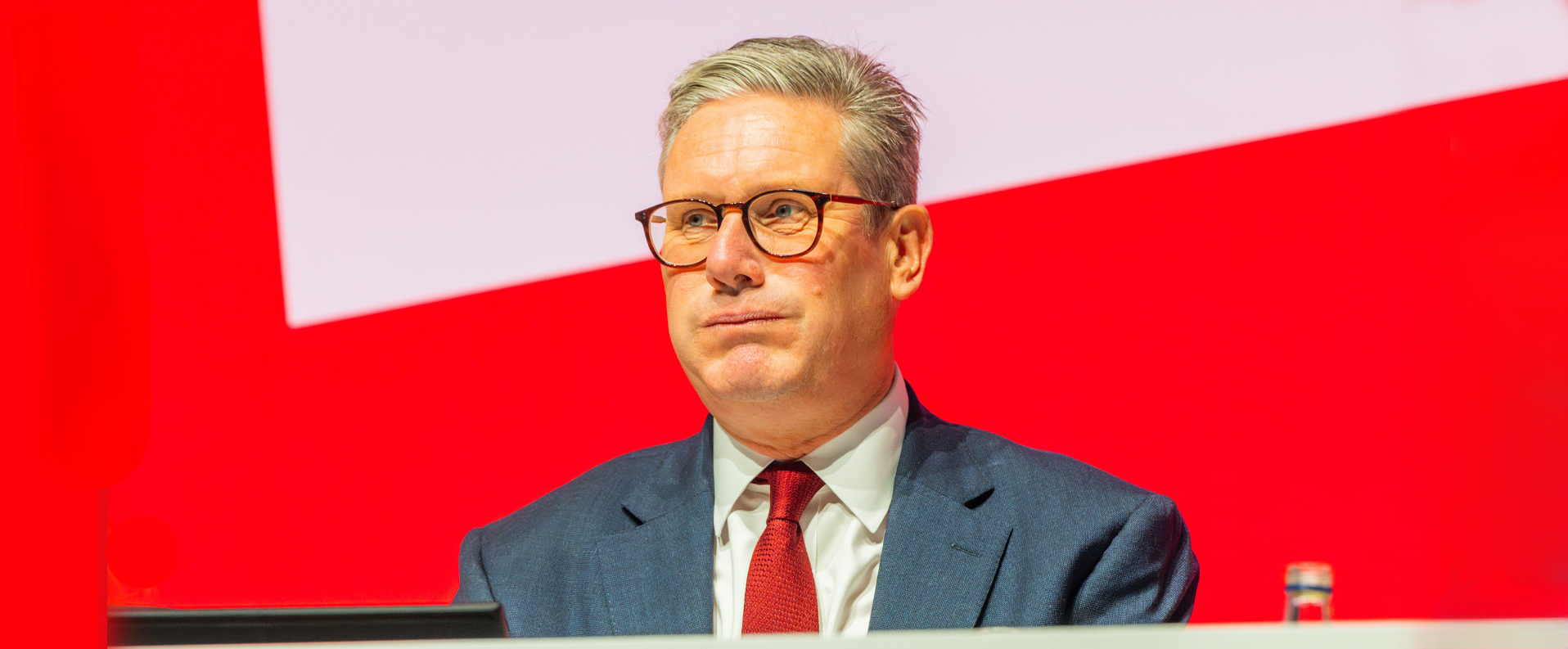
Imagine becoming Chancellor at a time of record public borrowing. The country’s banking industry is engulfed by gargantuan losses, and our European trading partners are flat on their backs because of their failed single currency. The energy infrastructure needs the biggest ever investment in new power plants. The population is ageing rapidly, and the nation’s already overtaxed workers and businesses face growing burdens. Meanwhile, a group of new economies is emerging, each educating more engineers, mathematicians and scientists than Britain and able to produce more at a lower price.
George Osborne doesn’t have to imagine.
No post-War Chancellor has faced so many challenges of such magnitude – and just to top things off, he is not even in charge of his own portfolio because every decision has to be agreed with a rival political party.
Considering the state of things, public opinion towards the Conservatives on the economy has proved remarkably resilient. David Cameron and Osborne remain more trusted than Labour’s Ed Miliband and Ed Balls, and the Tories lead consistently on being the party willing to take tough decisions for the long term.
A recent poll I commissioned found the Tories were most likely to be seen as the party with clear ideas to deal with Britain’s problems, and were tied with Labour on being the best party to help businesses grow and recover (though Labour led by some distance on cutting the deficit without hurting the most vulnerable).
Two things work to the Conservatives’ advantage. The first is most people’s intuitive understanding that to cut the deficit the Government must close the gap between what comes in and what goes out. Though many would prefer the Government to go about it differently – by which, inevitably, they often mean in a way that affects people other than themselves – they know there is no real alternative.
The Tories’ second advantage is that Labour is still on the wrong side of this debate. Only just over a third of voters thought Labour had learned the right lessons from what went wrong during their time in Government and could be trusted to run the country again; more than half thought they had not learned the right lessons and could not yet be trusted.
Potential Labour voters’ biggest single fear about electing Ed Miliband was that his party would once again spend and borrow more than the country can afford. In other words, the Conservatives lead on the economy partly by default.
Even though people largely know that controlling the deficit is the Government’s overriding aim, and grasp what needs to be done to achieve it (whether or not they like the way it is happening), it is not clear to them what the benefits will be.
The deficit seems abstract, while their anxieties over jobs, the cost of living and longer term prospects for themselves and their children are very real – but the Tories seem to them to have little to say about these more tangible concerns.
People need to understand the end to which austerity is the means, and that Conservative plans do not end there. Those who fully grasp the importance of deficit reduction largely support the Tories already; it is hard to see how many more will be persuaded if it seems that when it comes to our economic policy, austerity is all there is to it.
The Chancellor, therefore, needs to communicate a plan. He needs to be clear about how his policies are aimed at creating jobs and wealth, and to focus on competitiveness as much as cuts. We need to expand on the themes that Cameron articulated in last year’s Tory Conference speech, including the global race and helping to ensure that people who do the right thing can get on in life.
We need to hear more about changes to education, welfare and immigration, how new planning laws will help boost our infrastructure and stimulate growth, how the banking sector is being reformed, how excessive regulation is being tackled, and how the tax system can be simplified.
Ending the ringfence for overseas aid spending would help tackle the deficit without hitting domestic budgets. Reviewing ‘green’ energy policies, whose main effects are to push up bills for households and businesses while restricting our generating capacity, would also help to show we understood people’s real priorities.
Such a message from Cameron and Osborne would also have the effect of boosting confidence among their own MPs, many of whom have misgivings about the current strategy and feel there is a lack of urgency. They must be engaged and be assured that their concerns have been heard.
In return, and on the basis that there is credible vision as to where we are heading, MPs should ensure that any further qualms are delivered in private, and use their media opportunities to support the party on which their own re-election depends.
With the global economy and the public finances as they are, people do not envy the Chancellor his job – but they do expect him to understand their worries and do everything he can to help. It would be a tragedy if a Conservative Chancellor missed out on the credit for restoring the public finances because in doing so he seemed indifferent to the things that keep people awake at night.
For non-Tories, the biggest problem is that the party doesn’t seem to be on their side. Wednesday’s Budget is one of the last big chances Osborne will have to show that it is. Unless the Chancellor starts to change minds there’ll be trouble at the mill – and the electoral consequences are plain.
This article was first published in the Mail on Sunday



